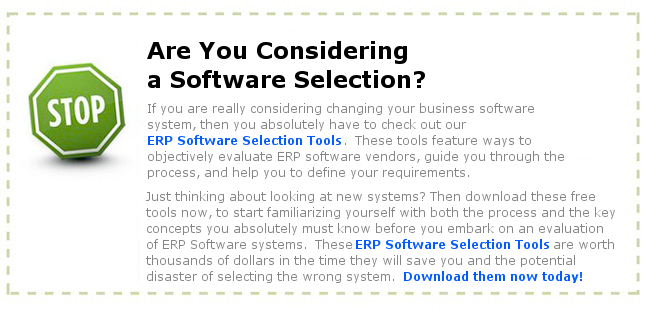We often get the question is SaaS a tool we should use. This is a broad topic, so we did some research and came up with a set of answers to this query:
SaaS is software that’s delivered as a service, from a ‘cloud’ which could be a data centre based anywhere. Much like water comes to the home or office. You open the tap, the water pours out, you pay for what you use. You don’t own the reservoir or the pipes that bring the water to you. Will this model in the case of software?
The phenomenon of information growing exponentially affects all businesses, from SMEs to large enterprises. Operating environment becomes more complex with new sets of risks associated with managing and sharing large amounts of information.
Today’s fast, targeted, silent threats take advantage of the open network and new technologies that support an increasingly mobile workforce. Organizations need innovative approaches to protect the web, email servers and endpoint. The challenge is to find an easy-to-implement solution that avoid the cost and upheaval involved in installing new network infrastructure.
Software as a Service (SaaS) is the next evolution in how companies use and pay for software. Some say it’s the next step in the fulfillment of the technology “dialtone.” Executives and business managers want to understand the impact of SaaS to their bottom line, business model structure, and real-time operation requirements.
 |
SaaS 100 Success Secrets: How Companies Successfully Buy, Manage, Host and Deliver Software as a Service (SaaS) |
Dr. Timothy Chou was an early pioneer in delivering SaaS when he launched Oracle’s efforts in 1999. Over the past 10 years he has written several books, including The End of Software. He has also lectured and advised numerous companies on this significant shift in the software business. Most recently, he authored the book Seven, which discusses seven fundamental business models from the traditional to the Internet. Chou shares with Inner Circle readers his opinion on SaaS and its potential impact on how companies do business — today and in the future.
Dr. Timothy Chou (TC): Cost is certainly an executive concern. No matter what industry you’re in, your IT budget is dominated not by the cost of computers but by the cost of people — people who are managing the performance, availability, security, and maintenance of the software you’ve purchased. As a general rule, if you take your software purchase price and multiply it by four, that’s what you’ll spend to manage that software, per year. This translates to easily 75 percent of your budget being tied up in managing existing software systems.
http://www.sun.com/emrkt/innercircle/newsletter/1008/index.html
There’s no consensus on the term quite yet, even though the concept is sufficiently proven by now that it ranks as a legitimate alternative to licensed applications that are typically deployed inhouse and managed with internal IT staff. Software as a service, or SaaS, seems to have a slight edge in the name game, so we’ll go with that.
There are a couple of technology basics associated with SaaS. The first is that in most cases the system you access remotely will be available over an ultra-high-speed, secure Internet connection (or, alternatively, via a virtual private network, which for all intents and purposes amounts to the same thing).
One of the biggest technology benefits of a hosted solution is that it can inherently provide a platform for a “services-oriented architecture,†or SOA. This is a way to enhance the functionality of a system using external “services†available via the Internet, rather than coding all system functions internally. There is no direct relationship between SaaS and SOA, but if your SaaS solution is designed to take advantage of it, that can be a benefit in providing add-on functionality.
http://multichannelmerchant.com/opsandfulfillment/saas/
